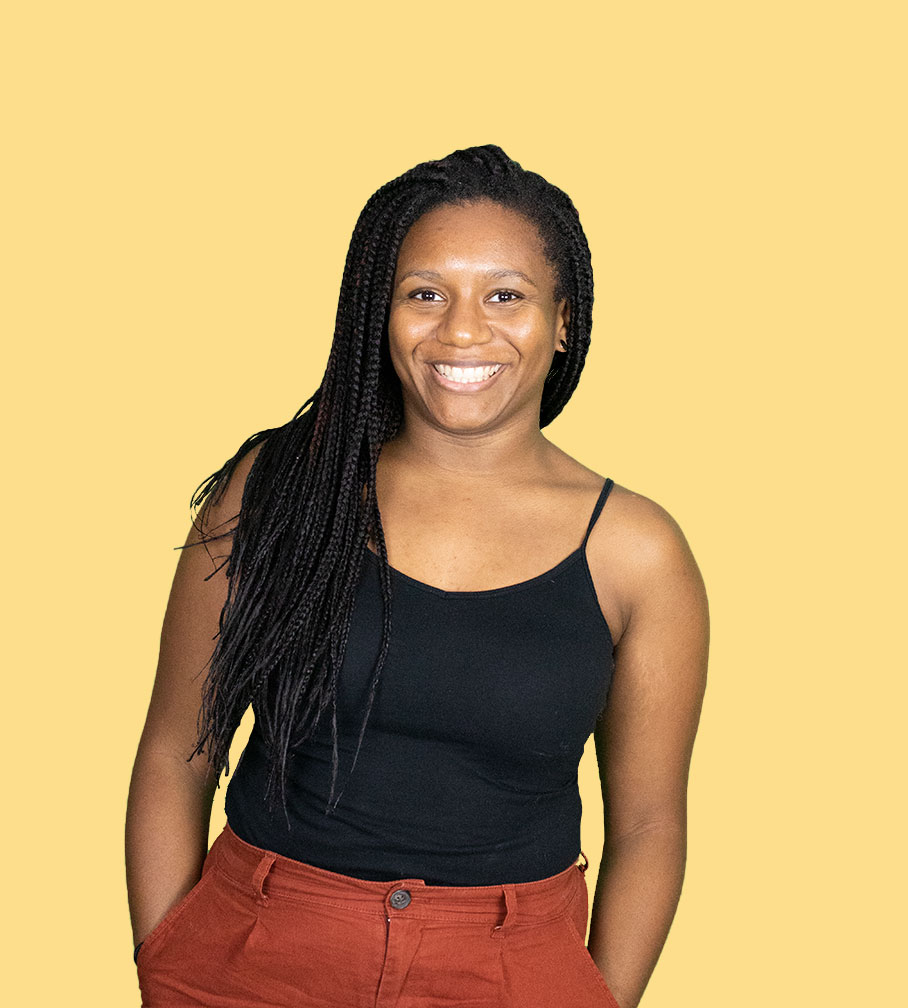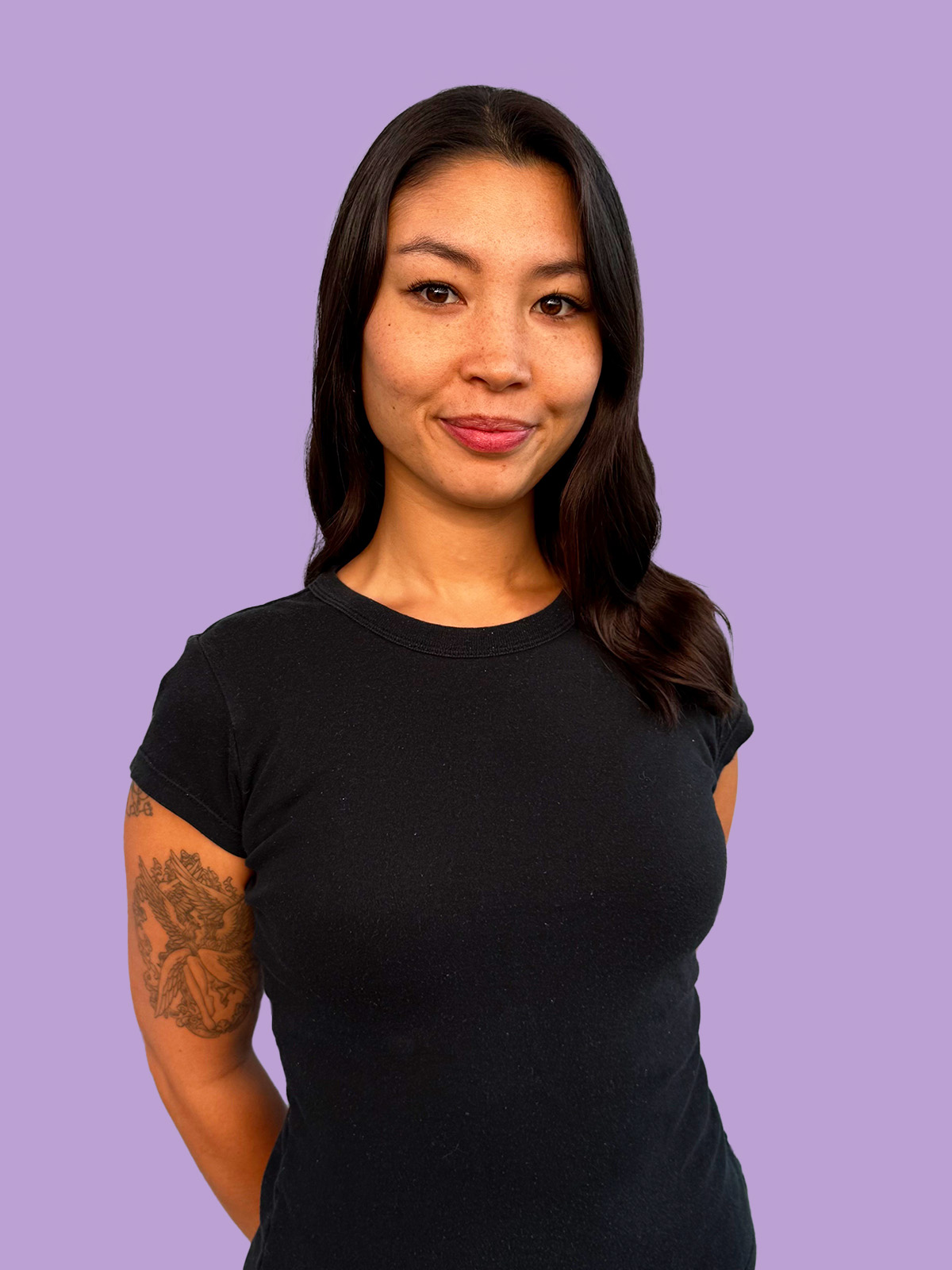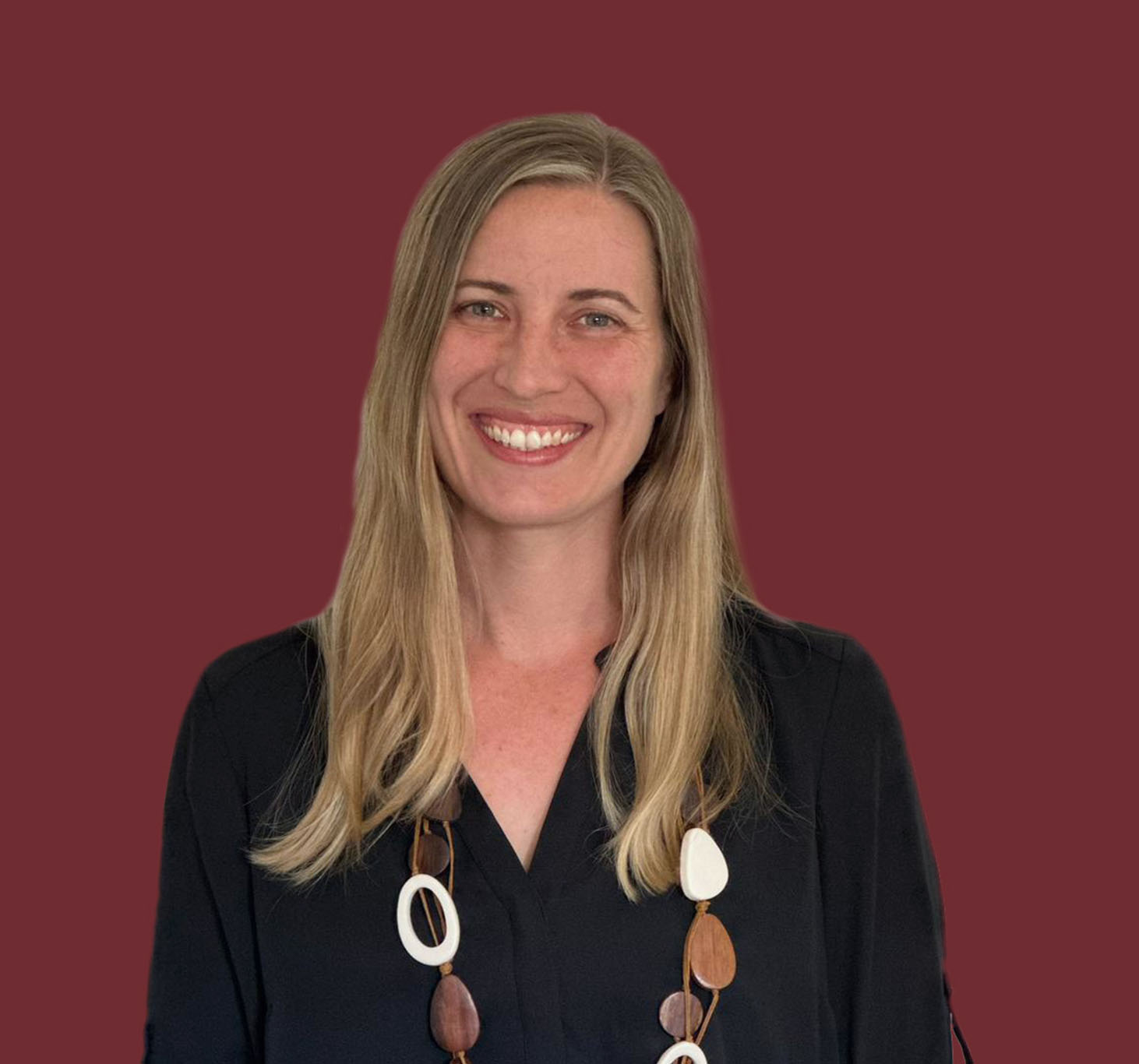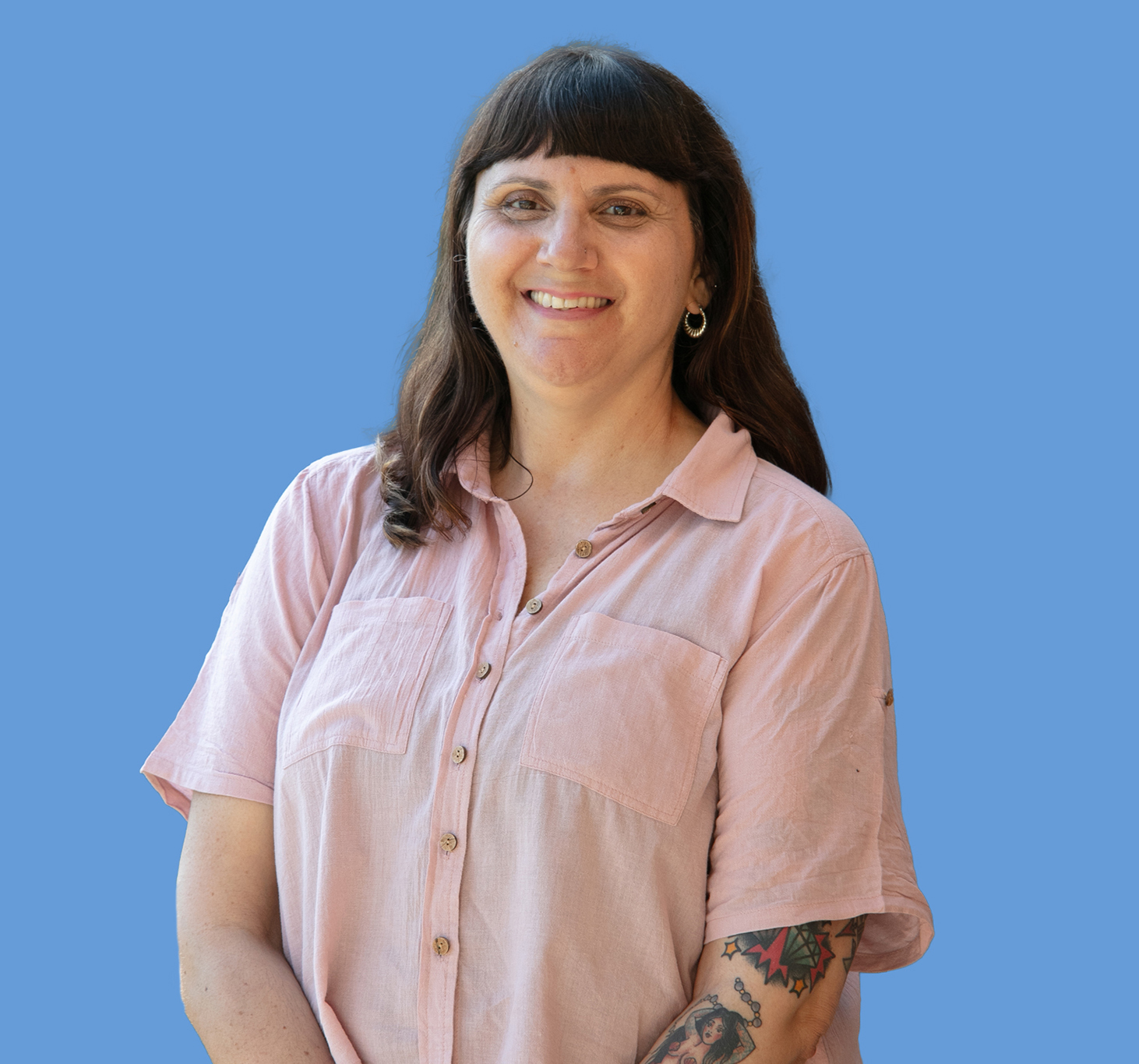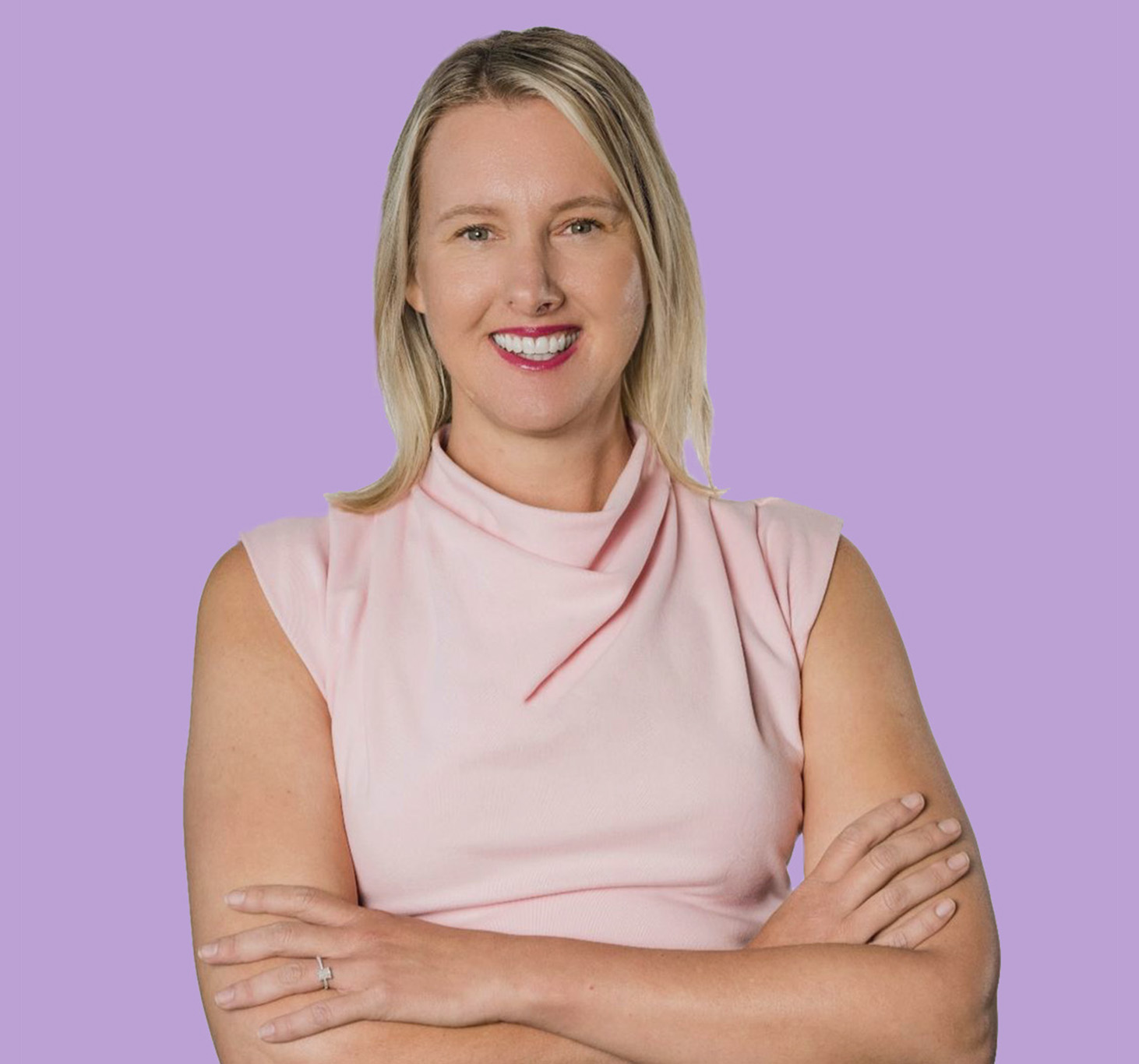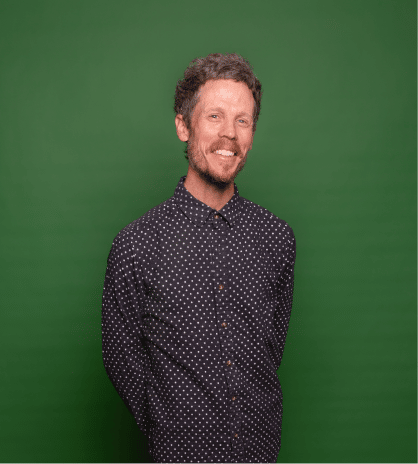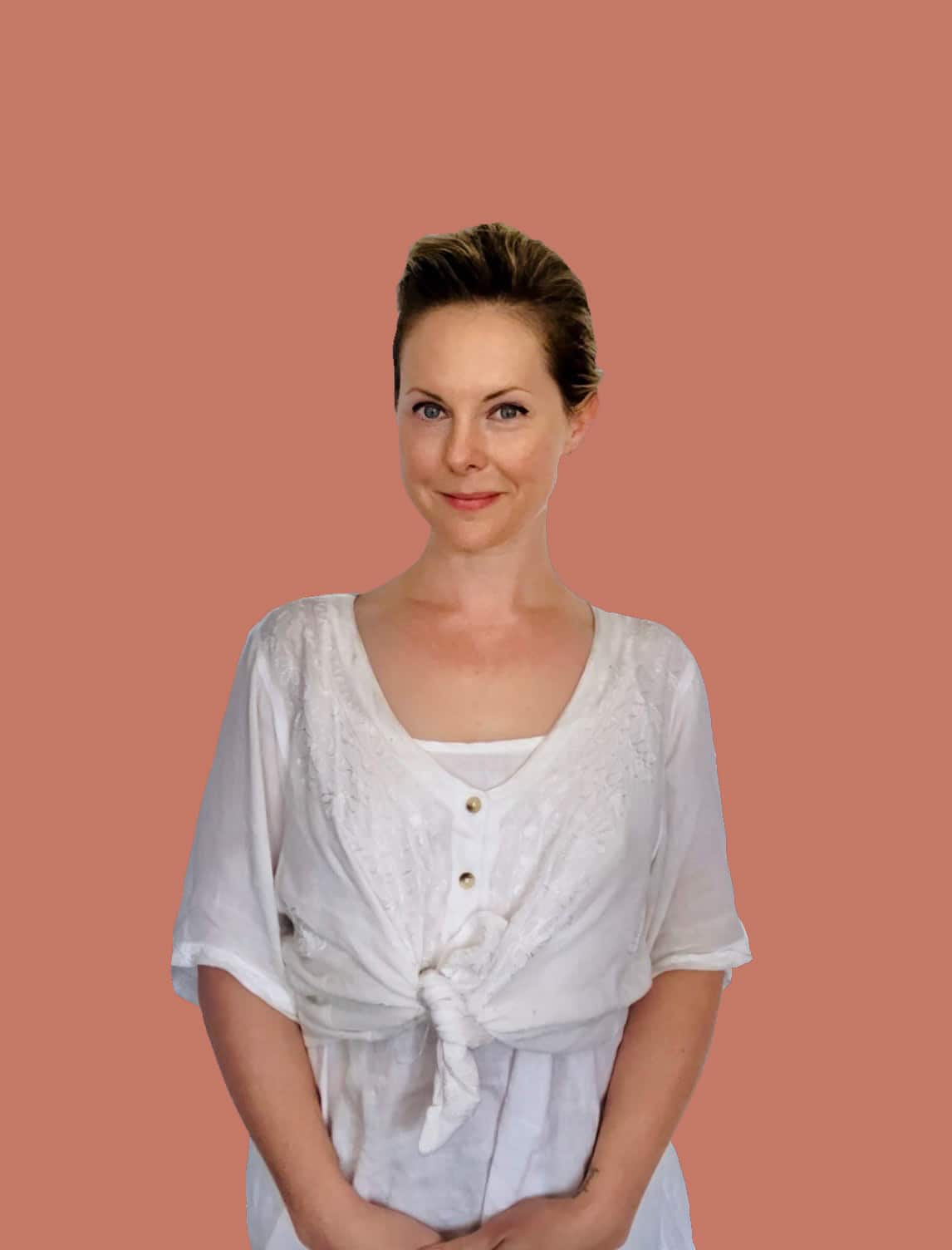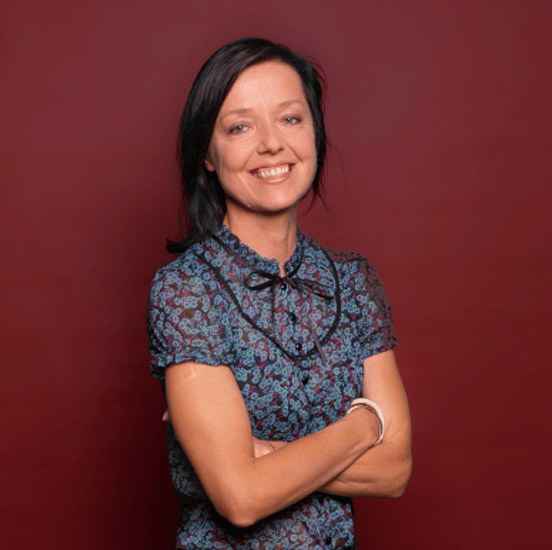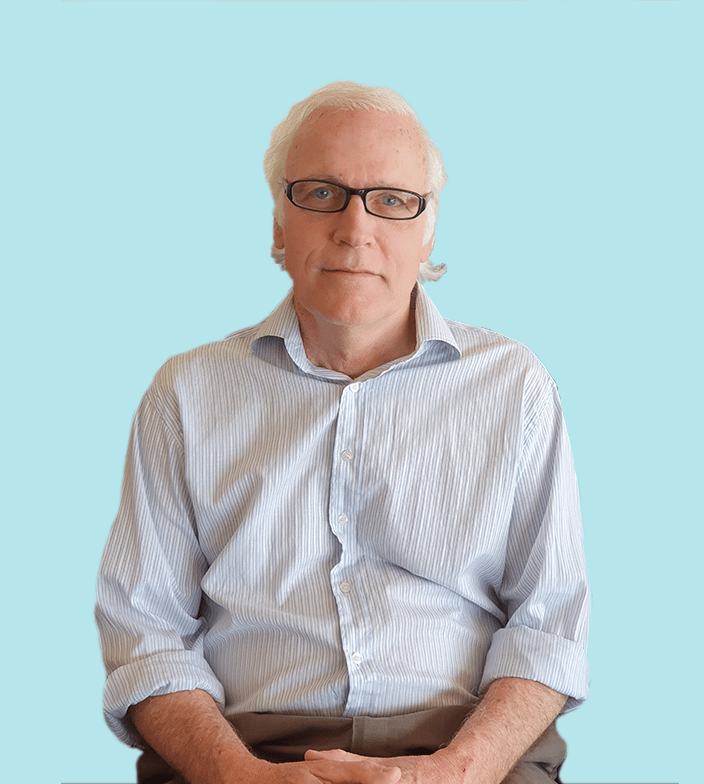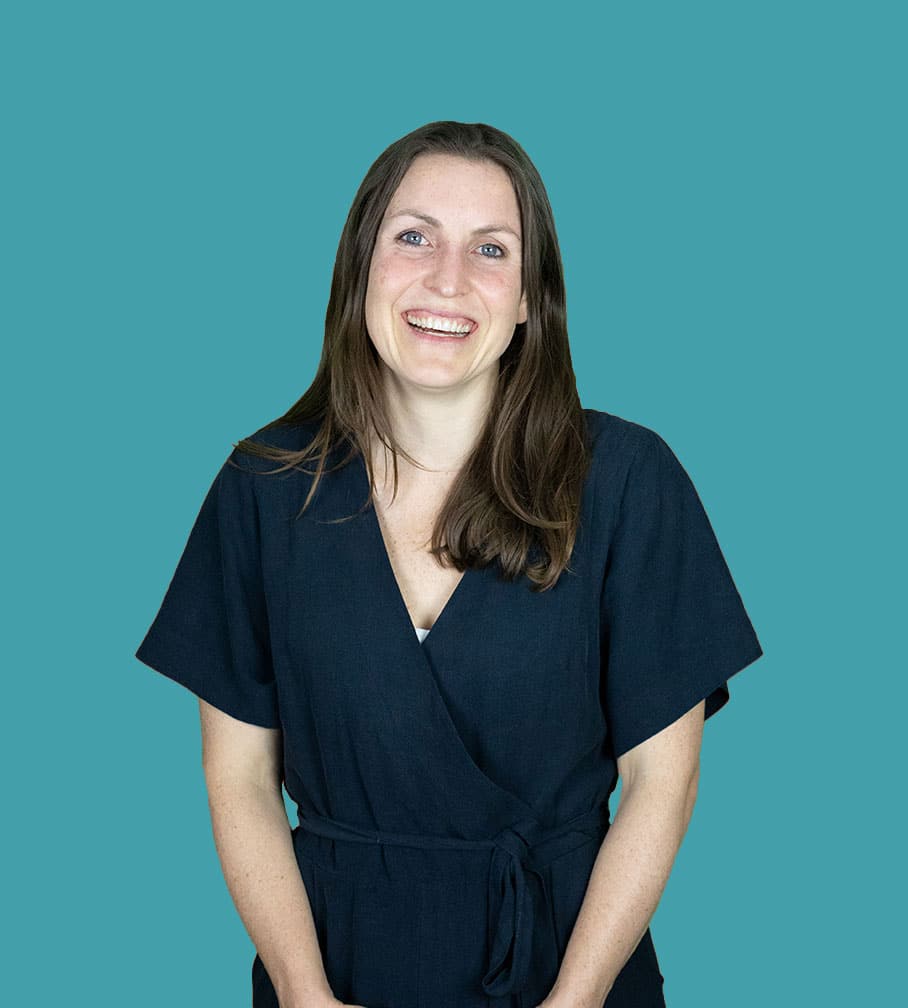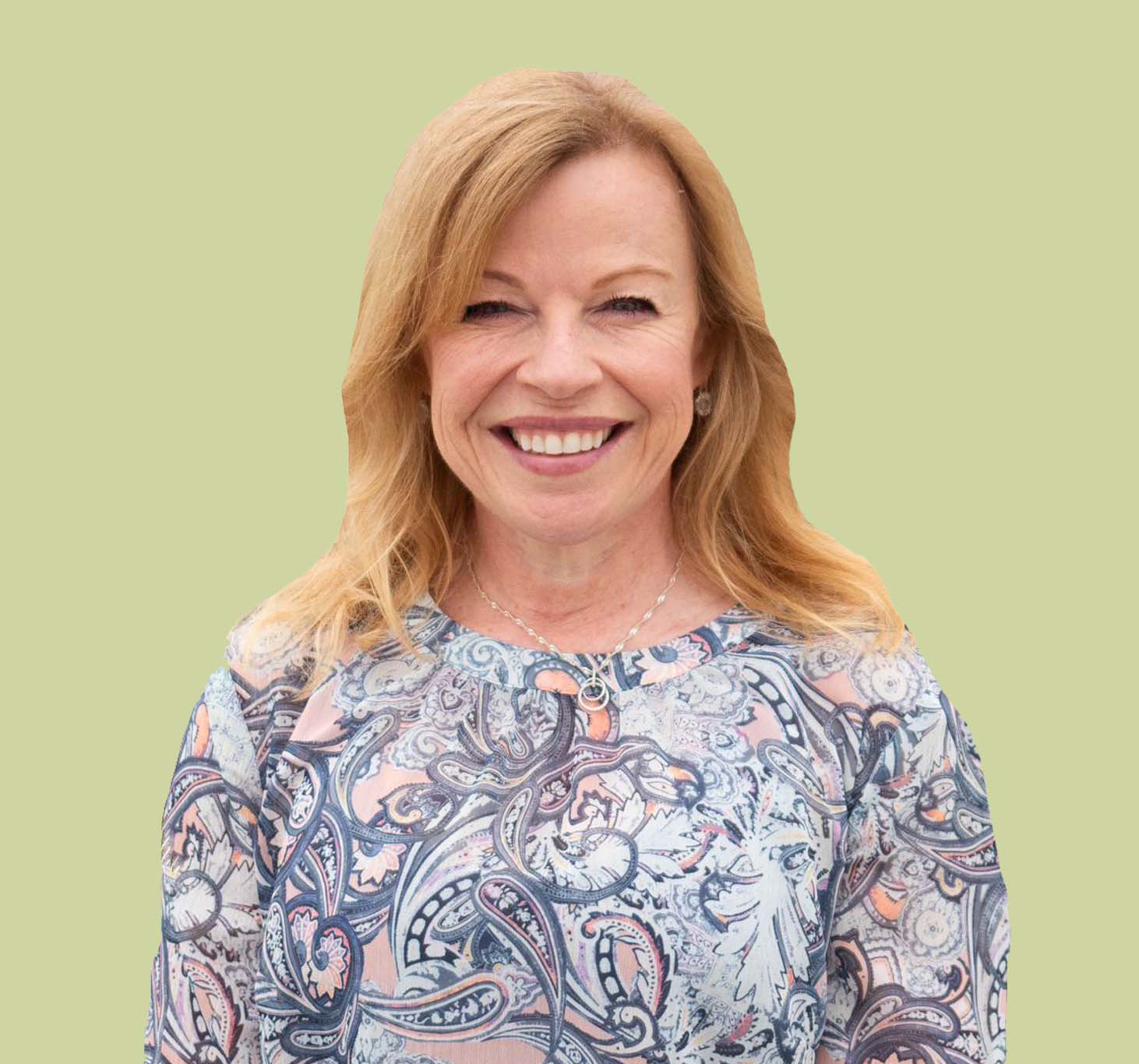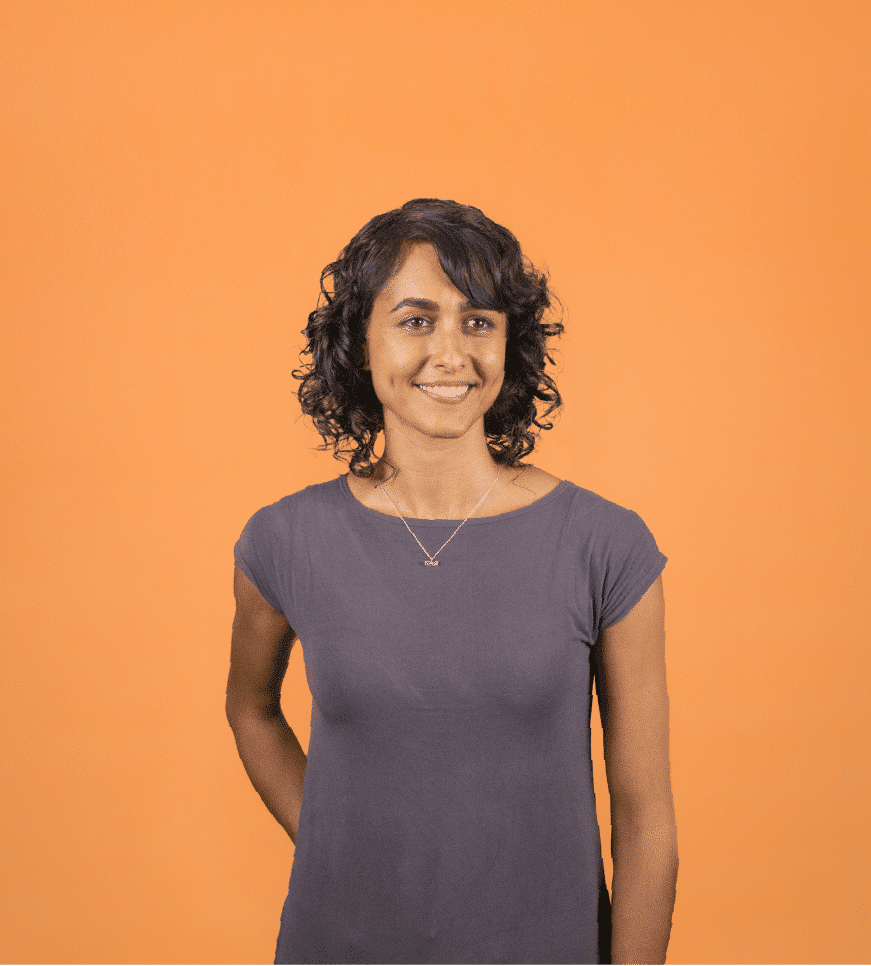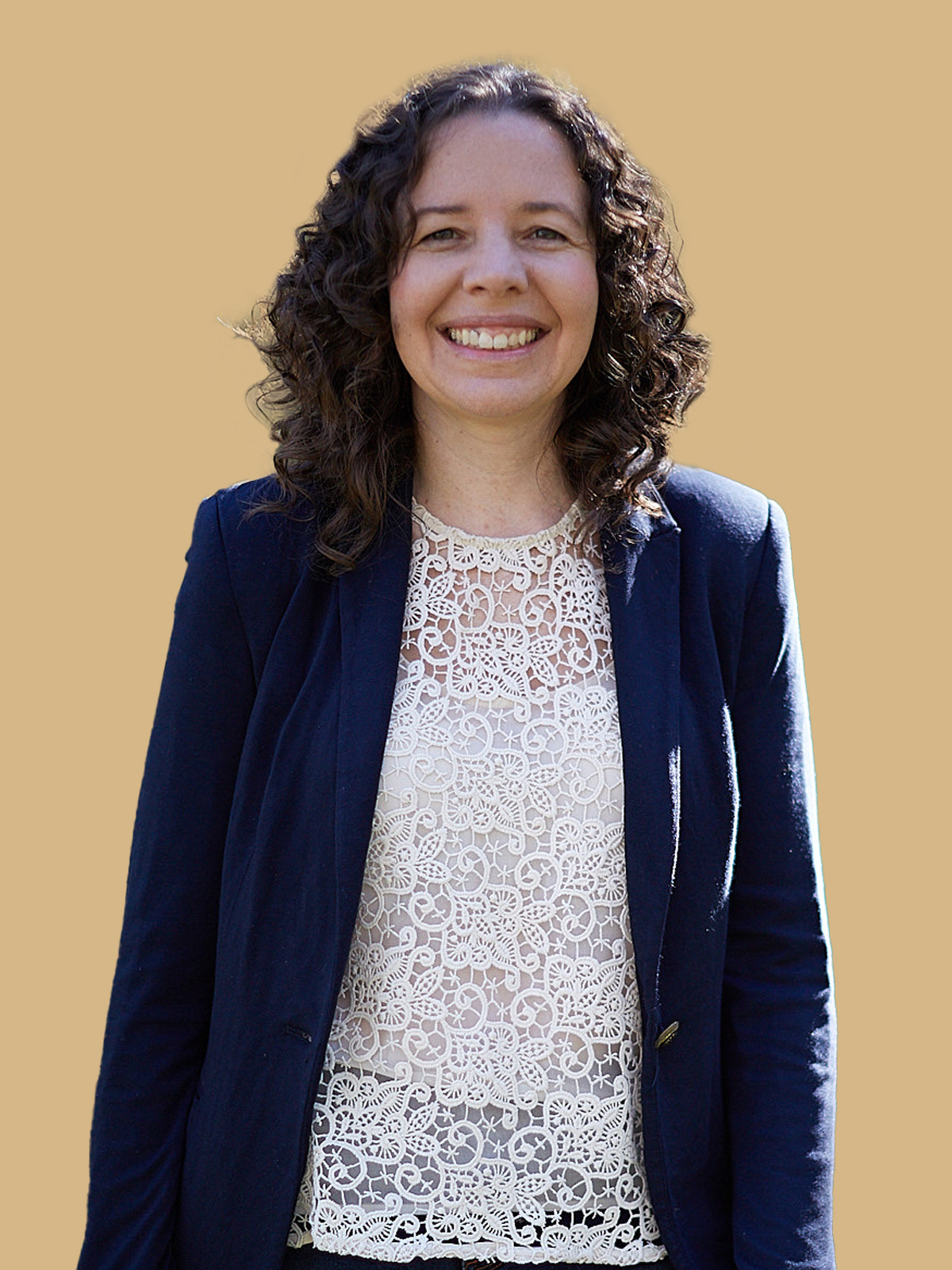According to the 2022–23 National Drug Strategy Household Survey, 18% of Australians aged 14 and over had been diagnosed with or treated for a mental health condition in the previous 12 months. That’s more than 2.5 million people reaching out for support, whether face-to-face or online. In this post, we’ll unpack:
- What a psychologist actually does, and how they differ from counsellors
- The rise of online psychologists versus the traditional in-clinic model
- The upsides of each, and who stands to benefit most
- How to pick the right fit for your needs, including how The Indigo Project’s “Get Matched” tool pinpoints your perfect match
By the end, you’ll have a clear picture of whether a virtual couch or a brick-and-mortar practice suits you best, and exactly how The Indigo Project’s curated, vetted team of therapists makes that decision easier.
Psychologists 101 (And How They Differ From a Counsellor)
At its heart, psychology is the scientific study of the mind and behaviour. Registered psychologists in Australia have completed:
- A four-year university degree in psychology
- A further two years of supervised practice (or a postgraduate qualification)
- Ongoing professional development under the Australian Health Practitioner Regulation Agency (AHPRA)
They work with individuals (and sometimes couples or families) to understand thought patterns, emotional responses and behaviours to develop strategies for positive change.
By contrast, counsellors often have a broader range of training backgrounds (social work, counselling diplomas, sometimes psychology) and may focus more on short-term support, guidance and life-skills coaching.
While both professions aim to improve mental wellbeing, psychologists typically:
- Draw on evidence-based therapies (like CBT, ACT, EMDR)
- Undertake formal assessment and diagnosis when required
- Work with more complex mental health issues (trauma, severe anxiety, mood disorders)
Counsellors, on the other hand, often excel in supportive listening, navigating life transitions and building coping skills. Both roles are valuable; your choice depends on the depth and nature of the support you need.
Online Psychologists vs Traditional Psychologists: What’s the Difference?
Traditional Psychologists
- Location – You book an appointment at a clinic or private practice.
- Environment – A dedicated consulting room offers privacy, a safe space and the familiarity of face-to-face connection.
- Format – Sessions are usually 50 to 60 minutes, in person, on a weekly or fortnightly basis.
- Accessibility – You’re limited to local practitioners, so in rural or outer metro areas, choices can be scarce.
Online Psychologists
- Location – You connect from home, work, or anywhere with a stable internet or phone link.
- Environment – Online sessions let you attend sessions from anywhere without endless profile‑scrolling. The Indigo Project’s Get Matched tool delivers you hand‑picked therapists for you to choose from.
- Format – More flexibility to book sessions at a time that suits you.
- Accessibility – Nationwide reach. You can match with specialists anywhere in Australia, no matter your postcode, all vetted through The Indigo Project’s rigorous selection process.
The Upsides of Seeing an Online Psychologist
Super-Flexible Scheduling
Late-night work, shift patterns or parenting duties? Online platforms often run beyond 9 to 5, so you can pencil in a session without uprooting your routine. Our live availability calendar makes booking a breeze.
No Travel Stress
Say goodbye to rush-hour traffic or public transport delays. Just log on, cue up your favourite playlist, and you’re ready to chat.
Broader Choice
Looking for someone experienced in, say, perinatal anxiety or LGBTQIA+ support? Online gives you access to niche specialists across the country.
Comfort of Your Own Space
For many, opening up is easier from the familiar surroundings of home, with a cuppa at arm’s reach and the option to pause or end early if emotions run high.
The Perks of Traditional, In-Person Therapy
In-room intimacy
Body language, eye contact and the subtleties of in-person connection can enrich the therapeutic bond, especially when tackling deep trauma or grief.
Clear separation
Leaving your day behind and entering a neutral space can help you shift into “therapy mode” more easily, without domestic distractions.
Hands-on tools
Some exercises—art therapy, sand-tray work or in-office assessments, rely on physical materials and are best delivered face-to-face.
Tech-free zone
No risk of Wi-Fi dropouts or “you’re on mute” moments. Just you and your psychologist, uninterrupted.
Structured environment
If you find self-discipline tough, committing to a weekly clinic appointment may keep you more accountable than logging on from home.
So… Which One’s Right for You?
There’s no one-size-fits-all answer, but here are some handy rules of thumb:
Go online if you:
- Live in a regional or remote area
- Have mobility issues, social anxiety or a busy schedule
- Need sessions outside standard business hours
- Want a specific niche specialism not available within your neighbourhood
Stick with traditional if you:
- Thrive on face-to-face interaction and non-verbal cues
- Struggle to set aside a quiet, private space at home
- Enjoy the ritual of leaving home and entering a new environment
- Benefit from hands-on tools or in-room activities
- Find digital platforms a barrier (tech-averse or unreliable internet)
Ultimately, the “best” model is the one you’ll actually use consistently, and where you feel most comfortable being open and honest.
Whether you’re weighing up your local clinic’s brochure or browsing virtual waiting rooms, remember: the goal is to find a psychologist who gets you, and thanks to The Indigo Project’s curated team of therapists, you’ll be matched to someone who truly fits. That might mean commuting into town each week or simply logging on in your pyjamas, either choice can lead to real, lasting change.
How The Indigo Project Can Help
At The Indigo Project, we’ve built our practice around the belief that therapy should feel like chatting with a trusted friend. Since 2012, we’ve been supporting Australians right across the country, whether you’re in bustling Melbourne, laid-back Adelaide or a remote rural community.
Here’s what we offer:
- Online Counselling: Flexible sessions via video with our Get Matched tool delivering carefully curated experts suited to your needs.
- Specialised Therapies: From CBT and EMDR to support for grief, trauma, eating disorders, postnatal depression and more all by hand‑picked professionals.
- Courses & Events: Digital courses, workshops and events designed to build community and give you fresh coping strategies in a group setting.
- Workplace Wellbeing: Interactive Zoom workshops to boost morale, rekindle connection and inspire growth, facilitated by The Indigo Project’s carefully selected facilitators.
Our team of over 30 registered psychologists, psychotherapists and counsellors are hand-picked for their warmth, expertise and non-clinical, down-to-earth approach. We’re here for anyone across Australia who wants accessible, relatable support—whether you’re battling anxiety, navigating a life transition or simply want to grow personally.
Ready to Take the Next Step?
If you’re considering an online psychologist, why not explore The Indigo Project’s matching tool and have a no-obligation chat with us?Head to our Get Matched tool to meet your therapist and book your first session. Therapy doesn’t have to be daunting, it just needs to fit your life.
Let’s make mental health care work for you.

